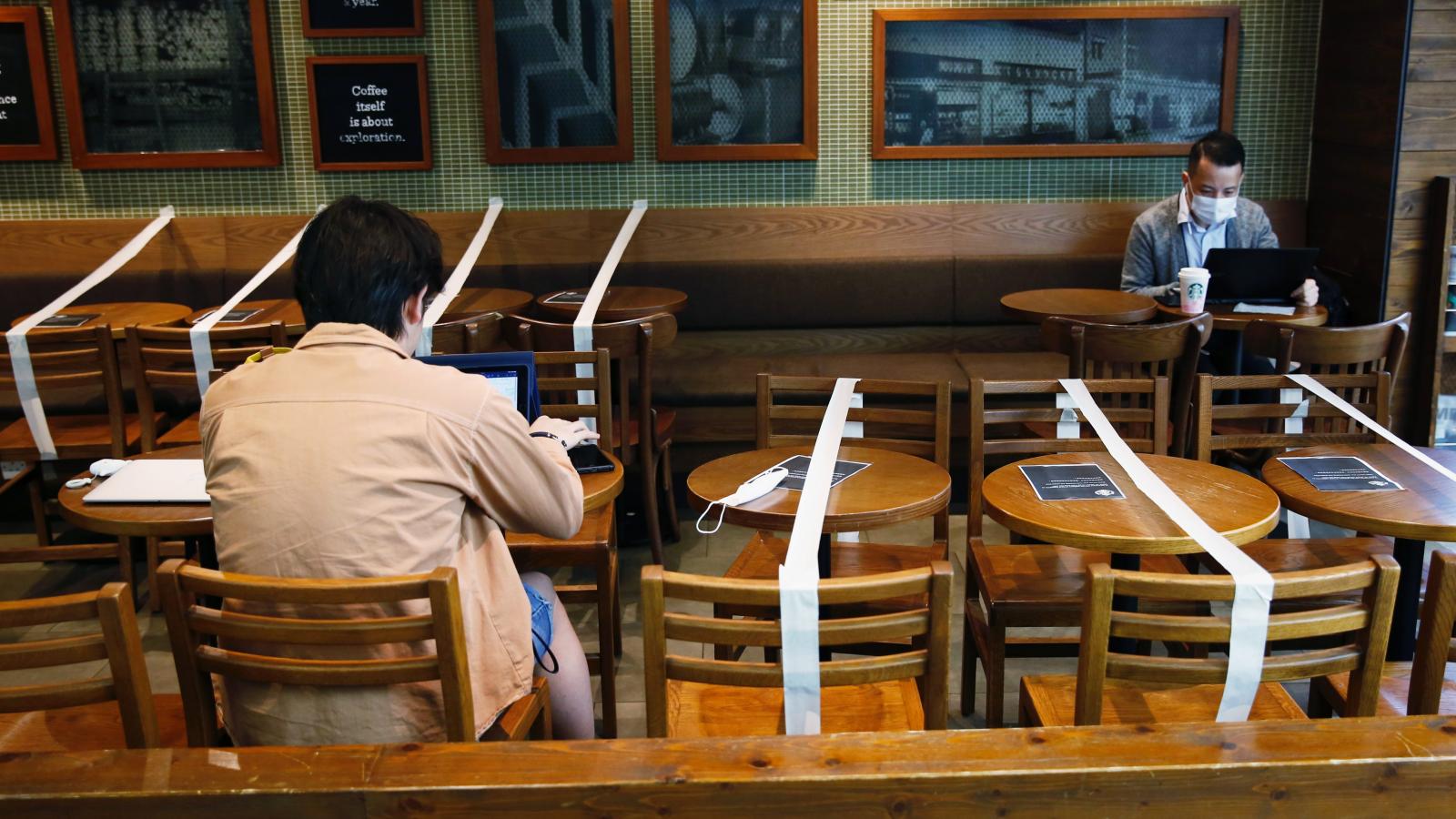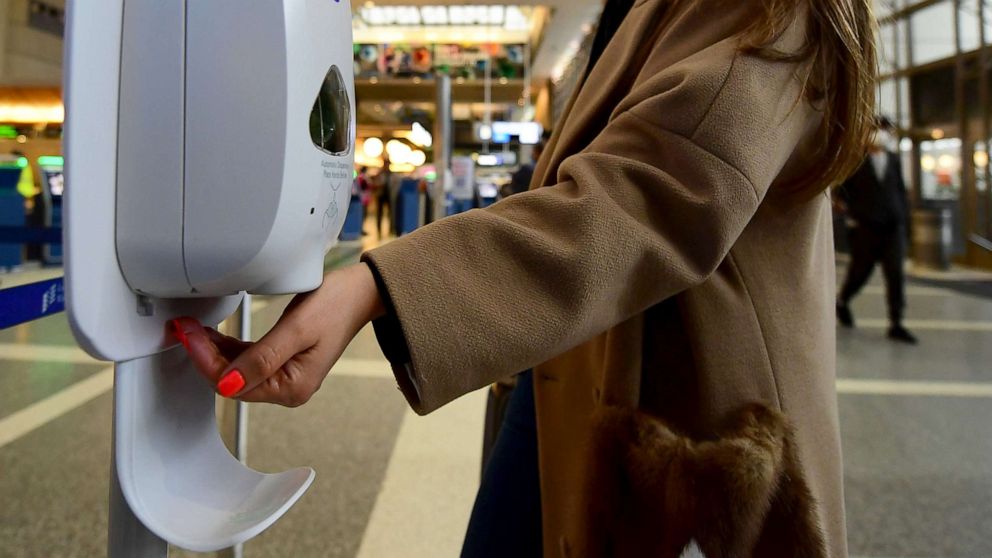
All right. It’s time to take stock. I’m sure you are as sick of this lockdown as I am. Like you, I’m fed up not being able to hug members of my family. I’m frustrated each time I walk that I have to avoid friends and strangers on the sidewalk. I’m tired of sanitizing, distancing, minimizing, and washing my hands ’til they’re raw. And if I have to watch one more public service announcement or insurance ad on TV that ends with the same cliché, I may implode.
“It’s unprecedented times,” they say. “And we’re here for you.”
Now, please don’t misunderstand my sentiment. Those of us who are not front-line doctors, nurses, physician assistants, mental health clinicians or military personnel on duty, those of us who’ve not had to face the onslaught of COVID-19 patient symptoms at hospitals, clinics or long-term care facilities, or those of us who’ve not actually contracted this deadly virus at all, have no grounds to complain. Those of us on the sidelines need to acknowledge our good fortune. But as a good friend told me in a Zoom conversation this week:

“If it’s my mental health versus COVID,” he said, “I’ll take my chances. Enough is enough!”
I see his point. However, I’m beginning to chafe at another of the COVID-19 side effects. This week, I also marked in my calendar the cancellation of my 26th public appearance since mid-March. Obviously, for the safety of my intended audiences – Royal Canadian Legions, Probus clubs, university alumni, public libraries, historical societies, museums, and dozens of other organizations – I’ve had to cancel most of my talks and presentations. Not long after my in-person presentations began evapourating, however, some groups approached me about delivering my talks to their members virtually.
“Zoom is a great way to do your talks safely,” they argued. “It’s as good as the real thing.”
In case you’re unaware, Zoom – like BlueJeans, GoToMeeting, Cisco Jabber, Adobe Connect – has everybody video-conferencing as a replacement for face-to-face meeting. Business now employs it to link office staff digitally. Partners in the professions use it to collaborate. Colleges and universities have replaced classrooms with online teaching. And families have turned to linking virtually, sometimes every day, to stay in touch with loved-ones.
So, I thought, what could I lose? I’ll accept these invitations to try to make up for lost contact with my audiences (and to salvage my livelihood). I began Zooming. I’ve addressed veterans’ groups, Probus clubs, even a historical group in Atlanta, Georgia, virtually.

For a while, things went smoothly. Then, I noticed that the larger the group, the longer or more complicated my presentations, the more the glitches appeared. I’m sure you’ve noticed them – fuzzy, out-of-focus images; jerky, stuttering sound; and frequent interruptions that trigger, “Your internet connection is unstable” on your computer screen. In other words, video-conferencing still has some bumps to iron out.
But in recent days I’ve scaled back on accepting invitations to Zoom for other, more serious reasons. And if you write, publish or speak publicly for a living, take heed.
Most consider Zoom – like much else on the internet these days – as a free application. Actually, it’s not. You buy a short- or long-term licence to host events, whether professionally or privately. But more and more, the organizations who invite artists or public speakers to present want to give the impression that video-conferencing for the user is a free service.
Not surprisingly, the host then invites the guest speaker to acknowledge the tougher times that organizations are facing and to therefore offer his presentation also for free. The rationale they give reminds me of that given to musicians when Napster arrived on the scene back in 2000.
“Just send us your music for free,” Napster told musicians, “and we’ll give you worldwide exposure. Sales will certainly follow.”
Just the opposite occurred. Musicians handed their music over for nothing, and few if any of those expected CD sales resulted. Today, everybody expects to get their music online for free. For public speakers who also sell their books at events, that option also disappears if the talk is video-conferenced. So, not only is the writer/speaker expected to present for free, online transmission does not give the writer or – equally important – independent booksellers the opportunity to sell his/her books on the topic.
I note that Blue Heron bookstore in Uxbridge, Ont., has addressed that problem by including the purchase price of a book within the price of admission for audiences to attend its line-up of authors presented via video conferencing.
As much as I recognize that this new delivery system is the best of a bad situation – weathering the pandemic virtually – I also sense the erosion of any artist’s or speaker’s greatest asset – face-to-face contact with an audience. A trusted friend put it to me best:
“The virtual you is not the same as the real you.”